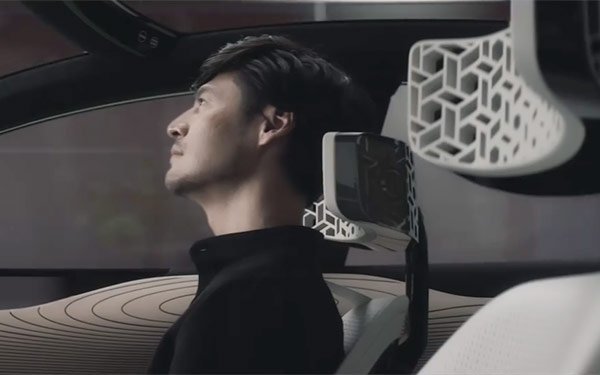
The concept of a connected car may get a new
meaning.
Nissan just unveiled research showing how vehicles can interpret signals from the driver’s brain.
The automaker’s B2V (Brain-To-Vehicle) technology, which is
slated to be demonstrated at CES next week, is intended to speed up reaction times for drivers.
B2V was developed by Nissan Intelligent Mobility, the company’s unit for transforming how
cars are powered and driven.
“When most people think about autonomous driving, they have a very impersonal vison of the future, where humans relinquish control of the machines,”
stated Daniele Schillaci, Nissan executive vice president. “We are moving to a better world by delivering more autonomy, more electrification and more connectivity.”
The B2V uses
brain decoding technology to predict a driver’s actions and detect discomfort, according to a statement from the company.
For example, the technology can predict an action in advance,
such as a driver about to turn the steering wheel or press the gas pedal. The driver assist technology then can begin the action more quickly, generally up to half a second faster than the driver.
By analyzing and evaluating driver discomfort, artificial intelligence can alter driving configurations when in autonomous mode, according to Nissan, which sells more than 60 car models under the
Nissan, Infinity and Datsun brands.